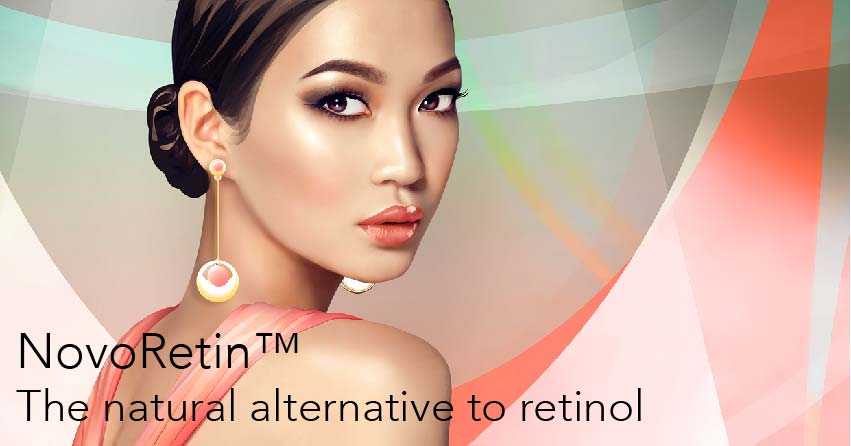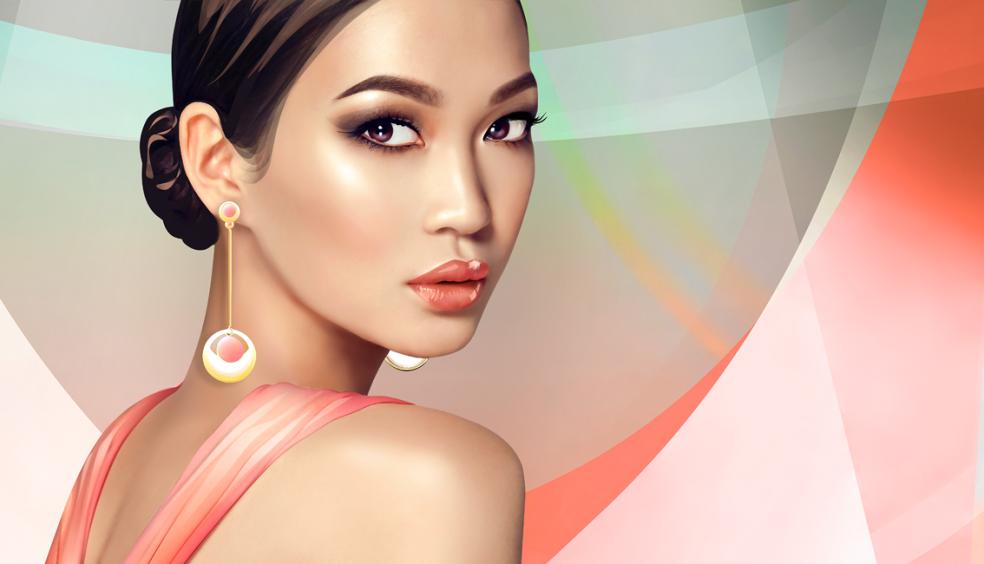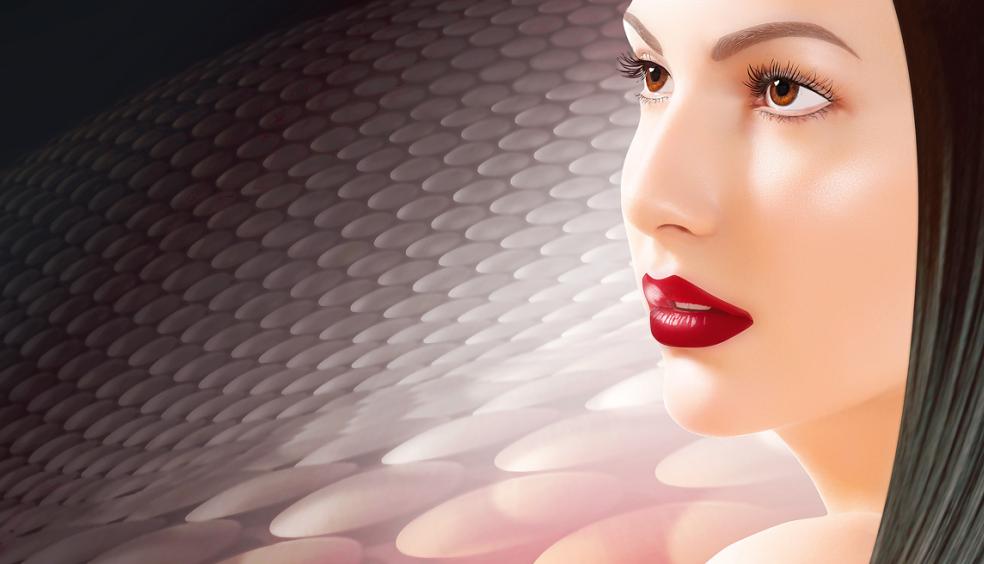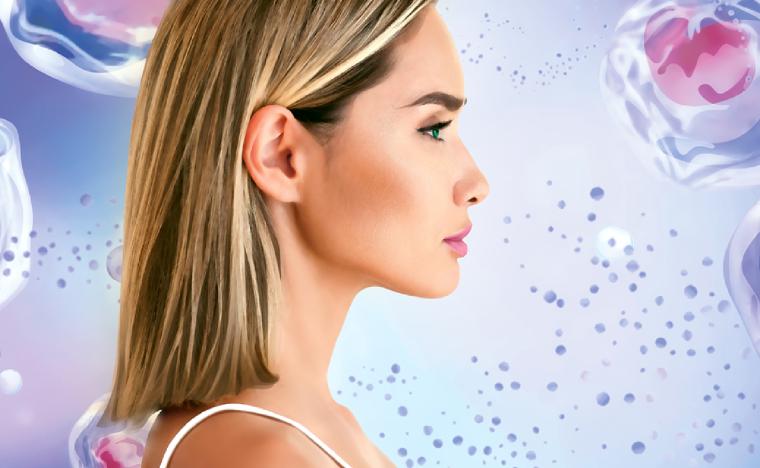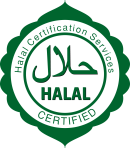10 Facts about retinol
Let's discover some facts about the so-called "best anti-aging ingredient".
Prescription formulas contain retinoic acid, the strongest form of retinol and the most effective one. Nonprescription alternatives need to be converted into retinoic acid by the skin at the cellular level. The derivatives are called pro-retinols (retinyl palmitate, retinyl acetate, and retinyl linoleate) are more gently - but weaker, too.
That retinol should only be applied at night is a myth. True is that the ingredient itself is sensitive to light, that’s why it should be packaged in an opaque tube. But as long as you wear a good SPF (which is the best anti-aging thing anyway!), there is no reason retinol can not be used during the day, too.
The downside of retinol is that it can cause skin irritations as well as dry, red, and flaky skin. Even though the skin gets used to it over time, for people with sensitive skin retinol might be too strong. Also most retinoic acid is animal based (derived from the enzymes in milk or egg), and therefore not vegan.
The fact that retinol can cause irritations and is animal-derived has increased the research for complementary practices like Face yoga and plant-based alternatives. NovoRetin™ is our plant-based, stable and safe alternative to retinol.
It is based on mastic, which is an aromatic resin from the bark of a tree that grows only on a Greek island. NovoRetin™ is able to increase the amount of naturally occurring retinoic acid in the skin, leading to retinol-like effects without the need to apply retinoids topically on the skin.
As a unique all-in-one product, it increases skin density and elasticity, reduces pore size and wrinkles, refines skin texture, and creates a smooth and matte finish.
